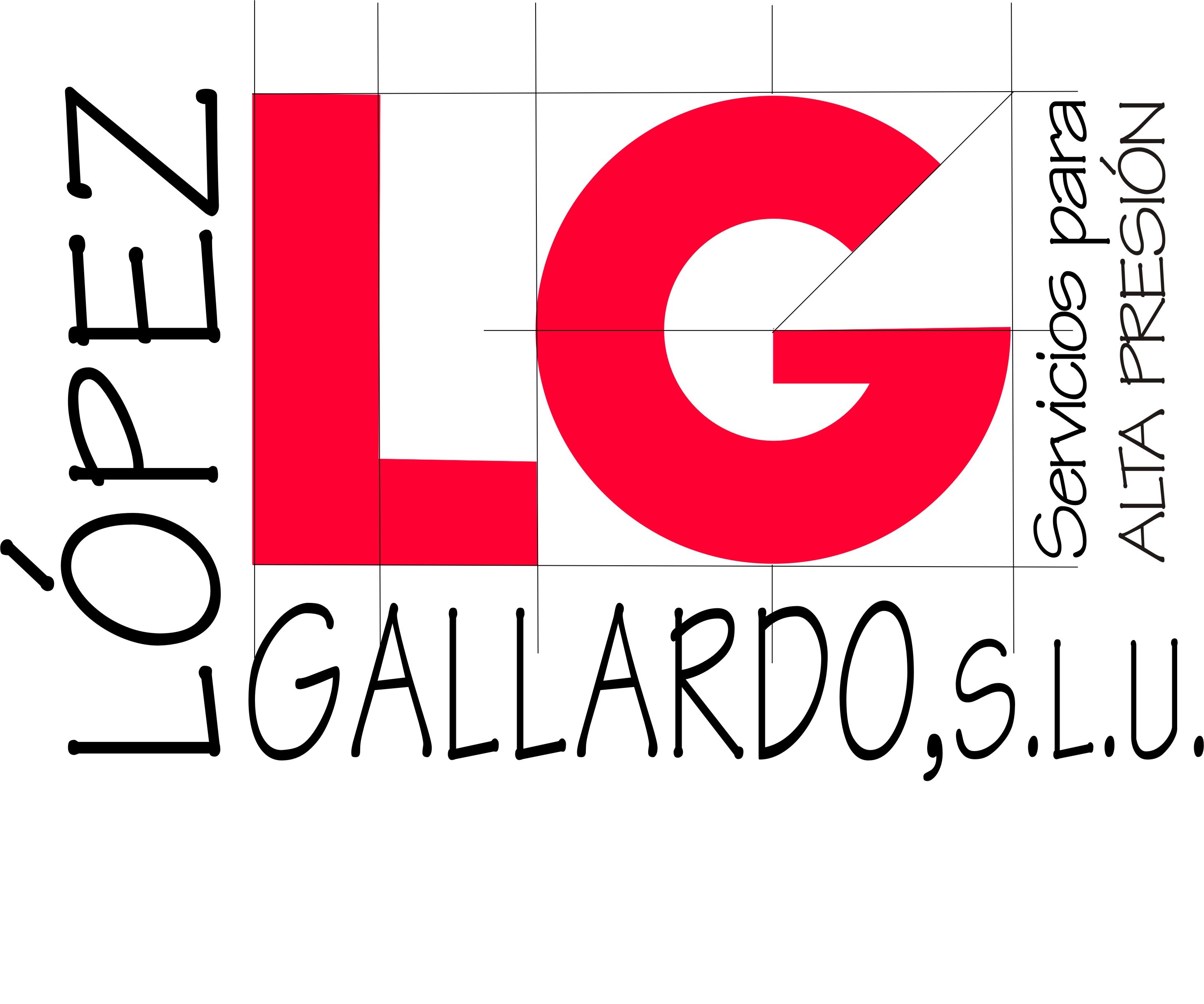Sin categoría
The Importance of an Effective Board Meeting Agenda
A well-organized agenda for board meetings defines the format of a meeting and sets the tone for the topics that will be discussed. A well-planned agenda will ensure that the meeting is successful without wasting any time or straying from the theme.
When board members are aware of what the goal of discussions is, they can focus on the issues that matter most and make informed decisions. A good agenda clarifies the purpose of each item, as well as how long each topic will be discussed. This helps the participants remain focused and avoid going off into diverging topics.
When the agenda is made available to participants well before the meeting, they will be able to look over the materials and get familiar their minds with the topic prior to the time. Including all necessary documents on the agenda — such as prior minutes financial reports, presentations of committees and proposals facilitates productive discussions that can lead to better informed decisions.
A good agenda for a board meeting also includes a timeline for the meeting, which includes the most important topics being discussed first. This permits a thorough discussion of these topics prior to when they are voted upon, and makes it easier to limit dissenting views and reach consensus. The non-controversial items can be put into a consent agenda, and put to vote at the end of the meeting in order to save time for more contentious issues such as organizational policies and strategies. Incorporating non-agenda topics on the agenda demonstrates that all viewpoints are valued and encourages board members to contribute their expertise to make informed decisions.
https://learnboardroom.com/tips-for-creating-an-effective-board-meeting-agenda/

